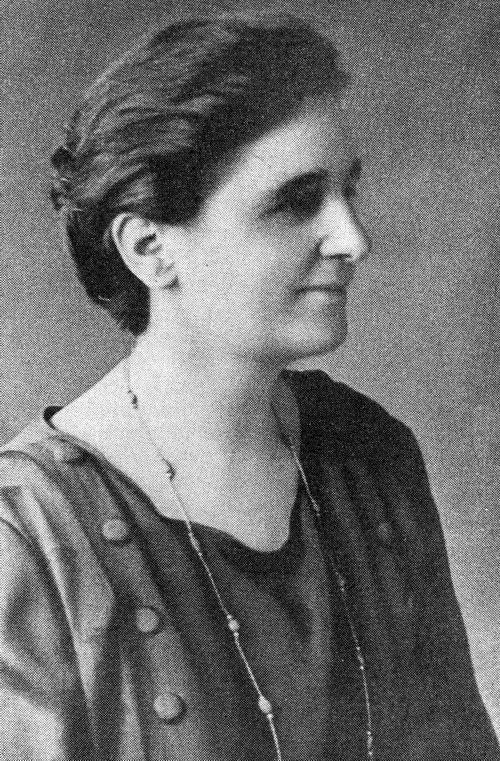Have you heard about Virginia Tucker? She was one of the first “human computers” in space engineering history. What about Katheryn Emanuel Lawson? She was one of the first female African American chemists who worked in Sandia National Laboratories. Or how about Margaret Hilda Harper? She was “one of the two physicians who described that coeliac disease in the pancreas and cystic fibrosis were ‘distinct entities’ in the 1930s.” And don’t forget Evelyn Brower Man – she was one of the leading women “in developing the first test to detect hormone levels in the thyroid gland.”

What do these women have in common (besides being impressive contributors to the history of science)? None of them had Wikipedia biographies until this summer when Dr. Alexandra Edwards’ students at Georgia Institute of Technology wrote them!
When Wikipedia serves as the first stop for most people wanting to learn more about history, current events, and people across time, making sure the site represents a wide array of topics and a diversity of individuals is huge.
“Research illustrates that a sense of belonging is critical to success. Yet our history books and ‘books’ like Wikipedia (the 5th most visited website in the world) reflect a very white, very male centric view on everything – including science and scientists,” says Dr. Rebecca Barnes of Colorado College, another instructor in our program who has conducted Wikipedia assignments around biographies of women in STEM.
The power of a Wikipedia writing assignment is that students have the opportunity to correct that gender imbalance and set the record straight. Women have made valuable contributions to science and mathematics throughout the ages, but aren’t remembered in history as often or as accurately as their male colleagues. Let’s change that.
This Ada Lovelace Day (coming up on October 8th!), take the pledge to join these instructors and incorporate a Wikipedia writing assignment into your next courses. We have all the resources, assignment templates, and support you need for you and your students to be successful. Just visit teach.wikiedu.org to gain access.
